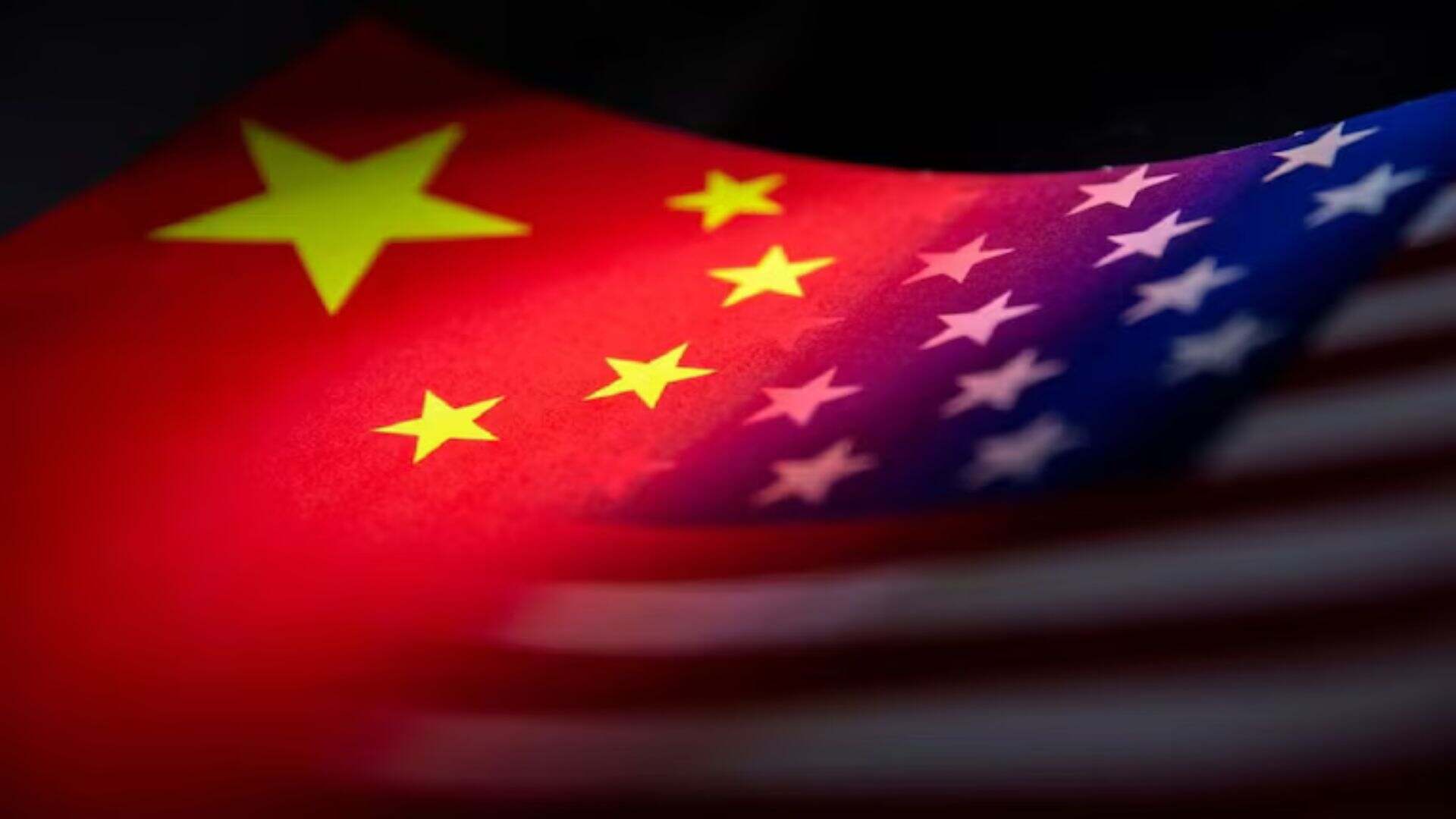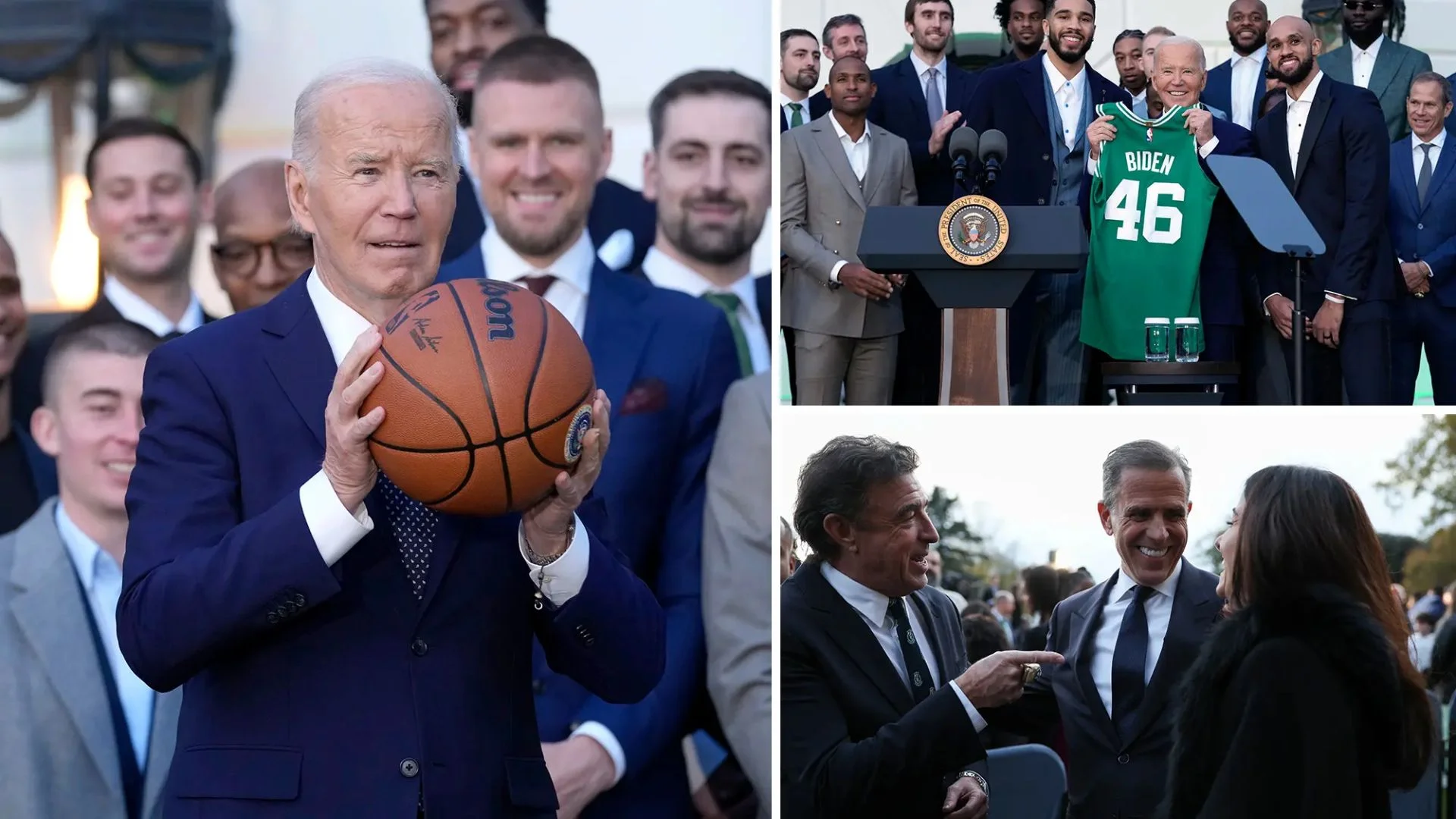
Following Donald Trump’s decisive win in the U.S. presidential election, Chinese internet users expressed concerns about a potential increase in trade tensions between the U.S. and China. According to a Voice of America report, Trump had consistently vowed during his campaign to impose tariffs on Chinese goods ranging from 60 to 200 percent. In a Fox News interview on February 4, he said he would enforce tariffs exceeding 60 percent on Chinese imports, though he clarified that he didn’t aim to start a trade war with China.
In another interview with The Wall Street Journal, Trump indicated he would impose tariffs of 150 to 200 percent on China should Beijing decide to “move into Taiwan.”
The report noted that many Chinese internet users expect Trump to follow through on his campaign pledges for substantial tariffs on Chinese imports, though views are mixed on the implications for China’s economy and everyday lives. Given China’s current economic slowdown, some social media users worry that Trump’s return to the White House could further strain finances for regular citizens.
Must Read: Who Were The Hollywood’s Top Celebrities Rally Behind Donald Trump Ahead Of 2024 Election
One internet user in Beijing posted on the popular platform Weibo, similar to X, “It’s hard to look at Trump’s victory with pure joy, because he is going to launch a trade war with China when he comes into power, and our economy will suffer further. How will the lives of normal citizens change? I’m feeling a sense of unease about the unpredictability of the future.”
As reported by Voice of America, some believe the proposed 60 percent tariff on Chinese imports to the U.S. could prompt Chinese companies to redirect their exports toward other markets, such as Southeast Asia, South America, and Europe.
While opinions differ among Chinese internet users on Trump’s proposed tariffs, analysts caution that such measures could deal a “significant blow” to China’s already struggling economy, which faces challenges such as a property crisis, high youth unemployment, and weak domestic demand.
Must Read: Biden After Trump’s Win: “Will Of People Always Prevails”
Jacob Gunter, a political economy expert at the Mercator Institute for China Studies, told VOA by phone, “This would mark a shift from a focused tech war to a broader trade war, with a far greater impact on China’s export-driven growth.” He suggested that Trump might use tariffs as a bargaining chip to press China for further trade concessions. In 2019, the Trump administration had imposed tariffs of up to 25 percent on $200 billion of Chinese goods, which eventually led to a trade deal where China pledged to increase its purchases of American goods by at least $200 billion.
“Economic and political tensions between the two countries will inevitably rise, while the global economy and global supply chains will be thrown into chaos,” said Zhiqun Zhu, a Chinese foreign policy expert at Bucknell University, in a written response to VOA. In his view, while Trump’s second term would likely be dominated by competition between the U.S. and China, there could still be opportunities for diplomacy and cooperation.
Also Read: Israeli Police Enter French Church In Jerusalem Detain Gendarmes, Spark Diplomatic Tensions















